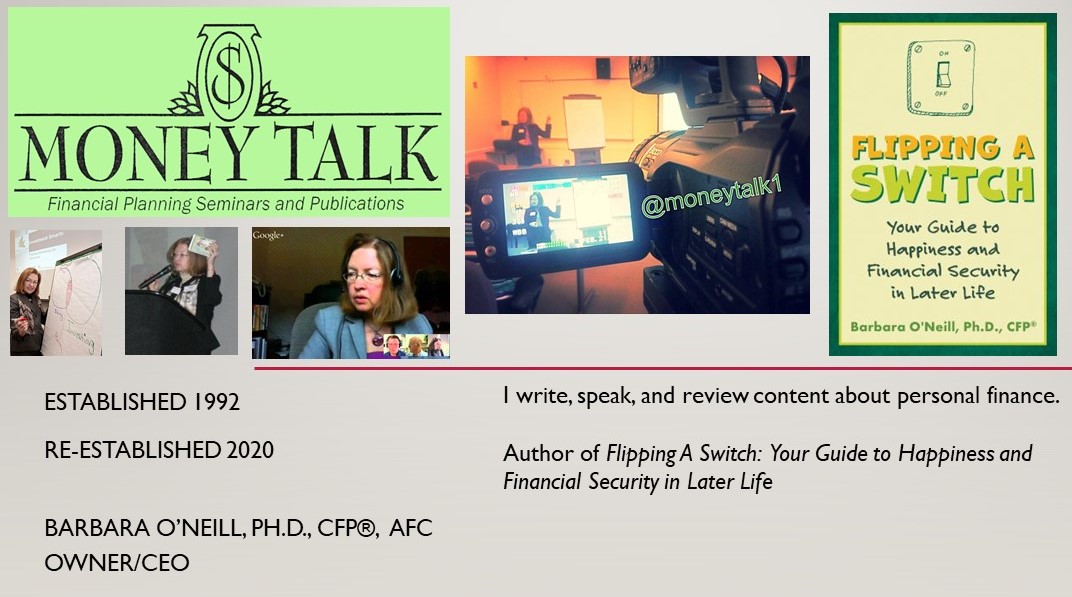The statistics are
startling! According to a 2020
study, 28% of retirees suffer from depression. That’s almost
3 in 10 older adults! As blogger Fritz Gilbert wrote in his Retirement
Manifesto blog, “that’s a shockingly high number and far
too little is written about this problem.” He went on to note that “those
forced into retirement (i.e., through downsizing or illness) are especially
prone to experiencing the challenge of depression.”
One reason so many older
adults are depressed is lack of a fulfilling sense of purpose (a.k.a., a motive
“to get up in the morning” or, as the Japanese call it, ikigai,
loosely translated as an overriding passion that adds joy to life). Gilbert
notes, “retirement is a big
adjustment, with the loss of many of the non-financial benefits once received
from the workplace (sense of identity, purpose, relationships, structure, etc.)
coming as a surprise to many.”
Research indicates that people with a strong sense of purpose are happier, healthier, and live longer. Below are five strategies to navigate retirement to find meaning and purpose in later life:
Develop a New Descriptor- As I note in my book, Flipping a Switch, retirees need a new off-the-cuff answer to the “What Do You Do?”
question to avoid awkward silences or outdated descriptions of previous work. Responses
can reflect new jobs, volunteerism, creative works, or care-giving roles. They
can also be humorous; i.e., “whatever I want” or “as little as possible.”
Focus on Four Pillars- Research by the
investment firm Edward Jones and Age Wave noted that there are four key pillars
to a fulfilling retirement: good health, family, a strong sense of purpose, and
financial security. The Edward Jones online My Priorities quiz is a useful tool to identify personal values
from among competing spending choices.
Find Role Models- Older
adults who are living a joyful and fulfilling life can provide valuable
insights. Take the time to interview them and ask questions like “What is a
typical weekday like?,” “What activities bring you joy and purpose?”, “What are
new activities that you tried for the first time in retirement?”, and “What part
of your former job do you miss the most?”
Use Planning Tools-
Activities in later life typically don’t happen without planning. On page 83 of
Flipping A Switch is a reproduceable Financial Bucket List worksheet with over
dozen lines to list planned activities (e.g., visiting national parks, sky
diving, writing a book, starting a business, taking courses, reconnecting with
family or friends, and family genealogy). Another popular planning tool is a Retirement Vision Board with photos or clippings that show memories that people want
to create in the future (e.g., travel, encore career, and volunteering).
Practice Identity Bridging- Not everything associated with peoples’ pre-retirement life needs to
disappear after their final paycheck. Far from it! Instead, retirement
transition experts recommend asking the question “What activities (e.g.,
professional association memberships or volunteer roles) do I want to carry
over from my past into my future?
This post provides
general personal finance or consumer decision-making information and does not
address all the variables that apply to an individual’s unique situation. It does
not endorse specific products or services and should not be construed as legal
or financial advice. If professional assistance is required, the services of a
competent professional should be sought.






No comments:
Post a Comment